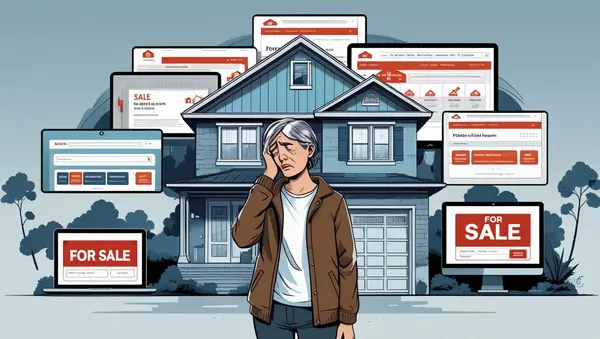Your AI Starter Kit – Try It and Be Amazed

Whether you know it or not—and whether you like it or not—AI is already a part of your life. The moment you check your smartphone in the morning, AI is curating your social media feed, analyzing your insurance documents, and analyzing traffic to recommend the fastest route to work. It operates behi
Read MoreWhere Are We This Time? Orlando's Elite Real Estate Retreat

From January 18th to the 21st, Susie and I had the incredible opportunity to attend the Tom Ferry Elite Retreat in Orlando, Florida. This exclusive event, designed for the top 5% of real estate agents in the country, was a whirlwind of learning, networking, and inspiration that will directly benefi
Read MoreHOA Risks and Responsibilities: Wildfire Dangers in California vs. Washington

Homeowners associations (HOAs) play a critical role in managing residential communities, but their governance comes with responsibilities and risks that homeowners need to understand, especially in the context of natural disasters like wildfires. Here, we compare California HOA laws with Washingt
Read More
Categories
- All Blogs 97
- Inheritance & Estate Planning 4
- Auburn real estate 12
- Bonney Lake Housing Market 4
- Bonney Lake real estate 12
- Buyer & Seller Advice 13
- closing a home sale in Washington 7
- common mistakes that delay real estate closings 3
- contingent offer pros and cons Pierce County 1
- Contingent Offers Explained 1
- Downsizing & Retirement Living 3
- Home Buying Advice 3
- home closing tips Lake Tapps 6
- home sale contingency Lake Tapps 2
- Home Selling Advice 15
- Home Selling Strategies 15
- how escrow works when buying a house 2
- how to protect your funds during a home purchase 1
- Lake Tapps Real Estate 13
- leaving home to kids 2
- Pierce County Real Estate 14
- Pierce County Real Estate Tips 12
- Real Estate Closing Process 4
- Real Estate Market Trends 9
- real estate professionals in Western Washington 7
- Real Estate Tips 14
- real estate wire fraud prevention 1
- senior living 3
Recent Posts











